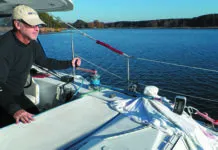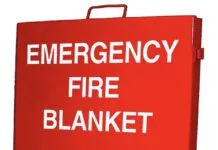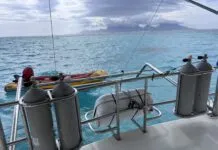The U.S. Coast Guard instituted a ban on the use of both 121.5 and 243 MHz Emergency Position Indicating Radio Beacons (EPIRBs) on Jan. 1, 2007, in preparation for Feb. 1, 2009, when satellite processing of distress signals from all 121.5/243 MHz beacons will terminate. After that, only 406 MHz beacons will be detected by the International Cospas-Sarsat Satellite System, which provides distress alert and location data for search-and-rescue operations around the world.
The above requirement applies to all Class A, B, and S 121.5/243 MHz EPIRBs; however, 121.5/243 MHz man-overboard devices designed to work directly with a base alerting unit (and not with the satellite system) are exempt.
The unreliability of the 121.5/243 MHz beacons is the main cause for the change typically only one out of every 50 alerts received from 121.5/243 MHz beacons is a genuine distress situation. With 406 MHz beacons, false alerts have been reduced significantly, and when the units are properly registered, false alarms can usually be resolved with a telephone call to the beacon owner.
EPIRB owners in the U.S. are required by law to register their beacon in the U.S. The registration database includes the beacon owners contact information, emergency contact information, and vessel/aircraft identifying characteristics. Having this information allows the Coast Guard or other rescue personnel to respond appropriately. To register a 406 MHz beacon, go to www.beaconregistration.noaa.gov/ or call 888/212-SAVE. For international registration, go online to the International Beacon Registration Database website at www.406registration.com/.





































